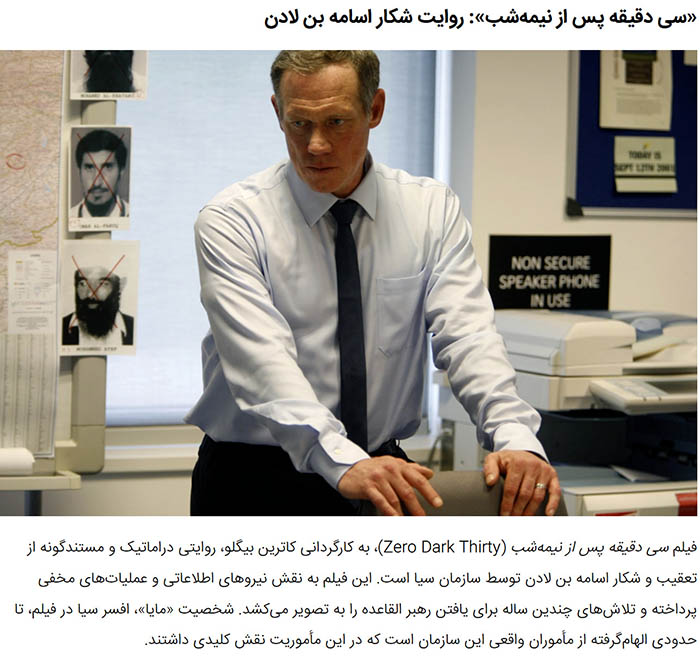Ayatollah Mike: The Enigmatic Figure Behind CIA Covert Operations

5. The Soleimani Operation
In January 2020, the assassination of Iranian General Qassem Soleimani marked another pivotal chapter in D’Andrea’s career. Media outlets began referring to him as the “mastermind” behind this controversial operation, which had far-reaching consequences for U.S.-Iran relations and the broader Middle East. The operation showcased the high-stakes nature of covert intelligence work and the potential fallout from such actions.
Soleimani’s assassination stirred significant geopolitical tension, prompting discussions on the legality of targeted killings and the first principles of warfare. D’Andrea’s involvement in the operation reflected a shift in U.S. military strategy under the Trump administration, where covert strategies were emphasized in dealing with perceived threats.
Contemporary Reflections on Michael D’Andrea’s Career
The legacy of Michael D’Andrea remains relevant, particularly as new generations of intelligence officers confront the complexities of modern threats. His tenure at the CIA reflects a paradigm shift in how intelligence is gathered and utilized in an increasingly interconnected world. Cyber threats, non-state actors, and global terrorism present unique challenges that require innovative strategies blending traditional intelligence work with emerging technologies.
Contemporary intelligence agencies are tasked not only with preempting threats but also with navigating the ethical expectations of a public that is increasingly aware and critical of government actions. Figures like D’Andrea serve as lessons—both in terms of effective strategic planning and the ethical quandaries that accompany such measures. The discussions surrounding his methods continue to resonate as intelligence operatives grapple with the realities of conducting operations in the twenty-first century.
Emerging from the global pandemic and ongoing geopolitical tensions, the landscape of intelligence is constantly changing. Leaders in the field must weigh the lessons of the past against the present-day demands for transparency, accountability, and ethical conduct. The balance between effective counterterrorism measures and the preservation of civil liberties remains a central tenet of the discourse surrounding intelligence work.
More stories
The Noon of Ashura: A Deep Dive into the Unique Cultural, Religious, and Exotic Mourning Ceremonies
Introduction Every year, on the tenth day of Muharram—the Islamic month of mourning—the entire nation of Iran plunges into a … Continue reading ➝
Mehdi Mahdavikia and Hamburg SV 2025: Legendary Footballer Unveils New Kit and Shapes Future of Football
Introduction The year 2025 marks a significant milestone for Hamburg SV, as the club celebrates its rich history while embracing … Continue reading ➝
Leaked Images from the Archives of Time: A Journey into the Qajar Era and Beyond
Introduction In an era where technology and history intersect in extraordinary ways, artificial intelligence (AI) continues to push the boundaries … Continue reading ➝
Women’s Lives in Tehran After 12 Days of War: Resilience, Rebuilding, and Hope
Introduction The city of Tehran, Iran’s bustling capital, has endured a tumultuous period over the past twelve days. A sudden … Continue reading ➝
Giulia Salemi Making Waves at the Dyson Event in London
Introduction On a vibrant Friday evening, the fashion and lifestyle world was abuzz with news of an influential personality gracing … Continue reading ➝




